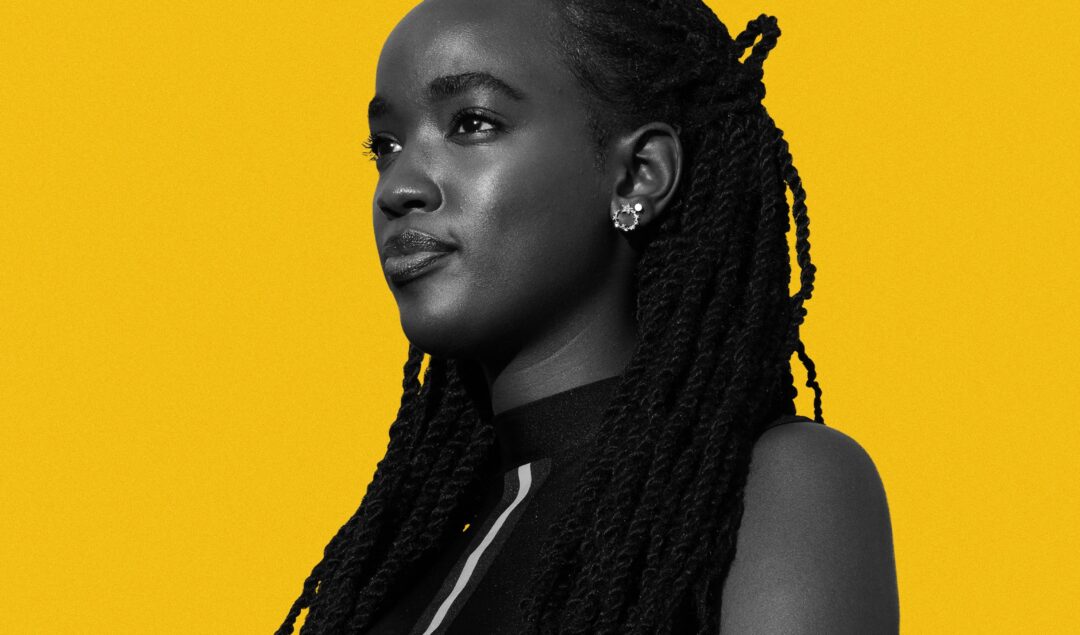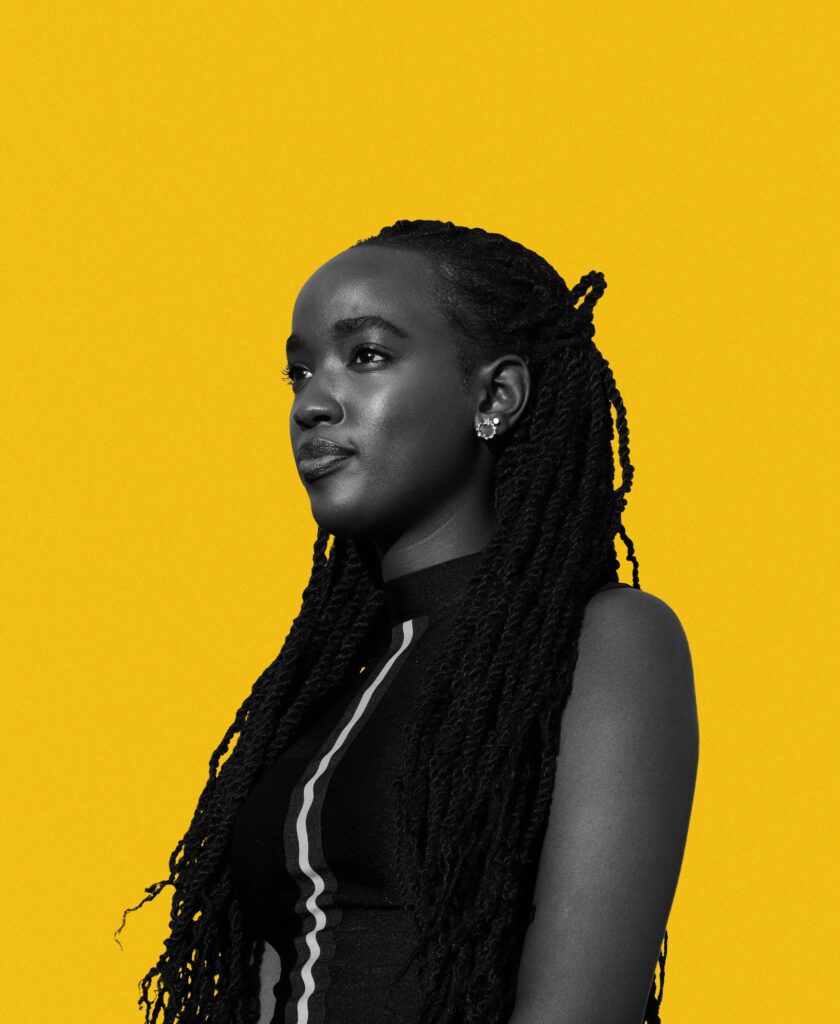How Black Millennial’s Have Been Using The Pandemic to Close the Investment Gap

With the global pandemic confining many to their homes, it seemed like everyone was talking Crypto, GameStop, and Dogecoin. Many wondered, “am I the only one not getting rich?” Hello FOMO…
The year indoors provided many with newfound disposable cash. The upside is a significant investment boom amongst Black millennials – with Black Americans investing in the stock market at three times the rate of their white counterparts.
The investment gap
This surge of activity by US Black millennials investors is closing the “investment gap”. According to an Ariel Investment and Charles Schwab survey, 15% of Black Americans reported investing in the stock market for the first time in 2020, compared to just 5% of white Americans.
For many Black and Brown millennials, the availability of apps like Robinhood and Coinbase [despite problematic internal issues], with their low fees, intuitive U.I.’s, lack of institutional gatekeepers, has reduced longstanding barriers to entry investing. With the touch of a button —we too can now seemly build wealth.
What’s the backstory?
“Many factors contribute to the racial investing gap, beginning with lack of homeownership, the income disparity, and lack of financial resources and education to invest in the stock market,” says Bahiyah Shabazz tells Business Insider. Bahiyah is the founder of Brown Girls Do Invest. “It is difficult for Black families to catch up in the race when the disparity is overwhelming.”
Wealth begets more wealth. It’s well documented that the baseline net worth of a typical Black family is already one-tenth the net worth of a typical white family. As a result, nearly half of all Black investors said they were the first in their families ever to invest.
Jay King of the California Black Chamber of Commerce explained to CapRadio the systemic reasons Black Americans specifically had low stock market participation.
“We weren’t even allowed into the stock market; you don’t even have stockbrokers who were Black until the late ’40s early ’50s,” King said.

On top of the usual millennial challenges [high student debt, unaffordable housing, and stagnant salaries], this is all compounded by colloquially known as the Black Tax. Black professionals who earn income over the average are far more likely to use their income to support their struggling family members than invest.
The importance of closing the wealth gap through investing?
Wealth Noir is a Black-owned company teaching financial freedom and generational wealth to Black millennial professionals. The founder Damien Peters, a former Facebook product manager, emphasises the importance of securing financial freedom for Black millennial professionals.
“Our generation has the best chance at closing the wealth gap. We have the education, the jobs, the income, and the access to advanced financial tools that never existed before. Financial freedom removes you from being dependent on a job you hate and allows you to find the life you want to live when finances aren’t holding you back. Generational wealth is the principle that we should leave wealth for future generations.” Damien Peters (Source: WealthNoir)
And there has been some progress made. According to Ariel Investments 2020 Black Investors survey, the racial investing gap seems to be shrinking. In addition, Black millennials are investing at higher rates than previous generations.
The Robinhood effect?
The proliferation of no-fee trading mobile apps is undeniably a factor.
The answer is a resounding yes,” said Tyrone Ross, financial consultant and CEO of the investment platform Onramp Invest told Morning Brew.
There’s been this financial redlining in this country for a very long time, and that is no longer the case. Everyone has access now if you want it, and you can get educated on it. It’s a really exciting time,” he said.
Are we taking too many risks?
“My concern is when you’re far behind in a race, the temptation to invest in riskier and risker assets to catch up and get larger returns makes you more likely to crash and burn,” said Michael Berhane, POCIT CEO.
The GameStop fallout highlights the risks of jumping in on a social media trend without doing your homework first. With its ease of use and gamification of investing, Apps like Robinhood can encourage younger users to be overly reckless. Online trading apps pose a problem for people who download them and start investing without prior knowledge or education around the stock market. It also highlights that low levels of financial resilience make particularly young investors more vulnerable to investment loss.
“The reality is, buying and holding a diversified index over a long time is statically the best way to grow your money. In this meme stock era and the volatility of crypto, my concern is no one wants to hear all that.”



